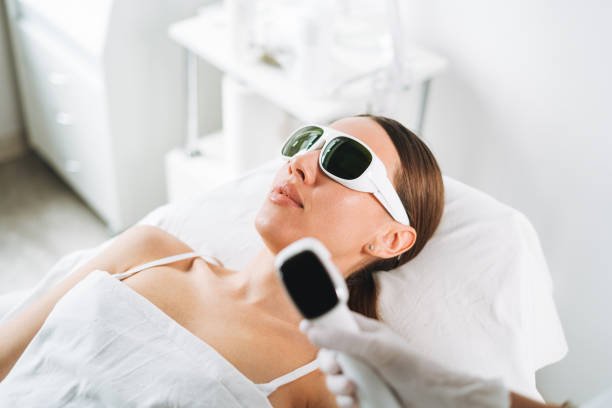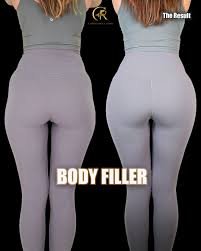In today’s fast-paced world, it’s easy to feel overwhelmed. Between work, relationships, and daily stressors, the body and mind crave balance. That’s where aromatherapy essential oils step in—offering natural support for emotional, physical, and spiritual well-being. These plant-based wonders have been used for centuries and are more relevant now than ever before.
Let’s explore the power of aromatherapy techniques, how to use them, and why this holistic science belongs in your daily life.
What is Aromatherapy? A Natural Science of Scent
What is aromatherapy? It’s more than just pleasant smells. Aromatherapy is a therapeutic practice that uses the volatile compounds of essential oils extracted from plants to improve health and well-being. These oils influence the brain’s limbic system, which regulates emotions, memory, and motivation.
By inhaling or applying essential oils, you engage the body in a natural healing process that reduces anxiety, improves sleep, and boosts immunity.
Aromatherapy and Essential Oils: The Heart of Holistic Wellness
The union of aromatherapy and essential oils forms a powerful toolkit for health. Each oil carries distinct benefits:
-
Lavender: Calms nerves and supports deep sleep.
-
Peppermint: Energizes and eases headaches.
-
Eucalyptus: Clears nasal passages and improves respiratory function.
-
Bergamot: Uplifts mood and eases tension.
By selecting the right blend, you can create a personal remedy for almost any emotional or physical need.
Simple Aromatherapy Techniques for Everyday Balance
Incorporating aromatherapy techniques into your life doesn’t require advanced knowledge or expensive tools. Here are some simple yet effective methods:
-
Diffusing: Fill your space with aroma by adding oils to a diffuser. Great for focus, energy, or relaxation.
-
Steam inhalation: Add a few drops of eucalyptus or tea tree oil to hot water, cover your head, and inhale deeply to clear sinuses.
-
Topical application: Dilute oils with a carrier oil (like coconut or almond) and massage into the skin.
-
Aromatic baths: Add essential oils to warm bathwater for full-body relaxation.
Practical Uses for Aromatherapy Oils at Home
There are endless uses for aromatherapy oils beyond relaxation. These natural oils can be part of your daily routine in powerful, productive ways:
-
Boosting Concentration: Use rosemary or peppermint oil in your workspace for improved focus.
-
Better Sleep: Apply lavender oil to your pillow or pulse points.
-
Air Purification: Diffuse lemon or tea tree oil to eliminate odors and kill airborne bacteria.
-
Headache Relief: Massage diluted peppermint oil onto temples and neck.
When used with intention, essential oils can enhance every aspect of daily life.
Discover the Many Uses of Aromatherapy
The uses of aromatherapy are diverse and adaptable. Whether you’re trying to recover from a cold, reduce anxiety, or find a natural alternative to synthetic fragrances, aromatherapy offers a safe, plant-based solution.
Aromatherapy also helps:
-
Relieve muscle tension
-
Reduce symptoms of depression
-
Support hormonal balance
-
Strengthen the immune system
This versatility makes it a favorite among wellness practitioners and everyday users alike.
Why Aromatherapy Essential Oils Deserve a Place in Your Routine
When you invest in quality aromatherapy essential oils, you’re not just buying a product—you’re choosing a lifestyle rooted in nature and self-care.
These oils are free from chemicals, cruelty, and artificial additives. Their benefits go beyond the surface, interacting with your nervous system, improving your energy, and uplifting your mood naturally.
With consistent use, you’ll notice improvements not just in your health, but in your emotional clarity and daily productivity.
Frequently Asked Questions
Q: Are aromatherapy oils safe for children and pets?
A: Some are, but always research or consult a professional before use. Lavender and chamomile are generally safe for children, while some oils can be toxic to pets.
Q: Can I apply essential oils directly to the skin?
A: Essential oils should always be diluted with a carrier oil before topical use to avoid irritation.
Q: How long do the effects of aromatherapy last?
A: Effects vary depending on the oil and method of use. For example, diffused oils can influence mood for several hours.
Q: Are all essential oils the same?
A: No. Quality varies widely. Always choose 100% pure, therapeutic-grade oils from trusted sources.
Conclusion: A Natural Path to Balance
Modern life can be chaotic—but balance is just a breath away. With aromatherapy essential oils, you don’t just mask stress—you dissolve it. This ancient science empowers you to care for yourself in a way that’s simple, intentional, and deeply effective.
It’s time to reclaim your calm, one drop at a time.





